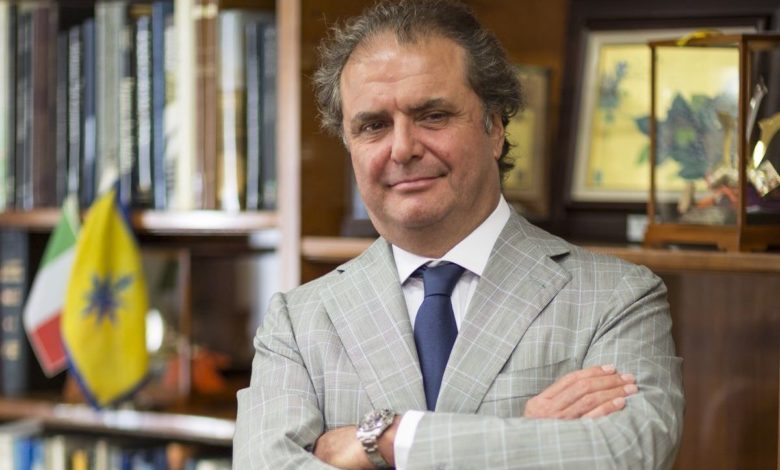D’Amico: Dealing with fake demand

For Paolo d’Amico, seasoned Italian shipowner and chief executive officer of d’Amico International Shipping, this is not the best quarter ever seen in the liquid bulk but “it’s for sure the most paradoxical I have ever lived” he tells Maritime CEO.
“What we are seeing now is a fake demand because it’s influenced by the current request for oil and refined products storage but which are not consumed,” he explains.
D’Amico International Shipping has been able to get in on the action, sending two ships specifically for storage.
“I cannot disclose the daily rate, but they are extremely interesting,” says d’Amico, adding that there is also another sort of unofficial storage activity.
The definition of storage is ships identified by tracking systems that are laden and are waiting in excess of seven days to discharge. Floating storage and port congestion due to ullage problems have kept tonnage supply incredibly tight in recent weeks.
“I would say that there are also unofficial storages, in the sense that when a ship is chartered on a voyage and once it arrives at the port of unloading it is left stationary for a month with the cargo onboard, that is also storage though not explicitly stated,” d’Amico explains.
The big question now is how long this phase will last and how dramatically rates will decline.
“The period we are living now is not comfortable as it takes also many uncertainties about the future. For the product tankers sector Covid-19 could also have a material direct impact on market freight rates,” d’Amico states. The extent of this impact will depend on how long it will take to contain the virus and for economic activity worldwide to return to normal, the Italian owner says.
For the time being the impact on the product tanker industry has been limited, with freight rates having risen throughout March and April, after reaching a 2020 trough in mid-February. D’Amico’s tanker vessels are benefitting from both significantly lower bunker prices, as well as new arbitrage trades, often entailing long sailing distances, such as exports of naphtha from Europe and the Middle East to Asia, and jet fuel exports from China to the US Gulf.
“The large drop in demand for refined products arising from the Covid-19 outbreak, and the resulting build-up in inventories, is creating imbalances which could depress demand for our vessels in the future,” the Italian shipowner admits.
By and large the long term view of the company is positive as the orderbook is at historical lows, mainly thanks to capital constraints and to uncertainties regarding technological development to meet the IMO 2030/2050 emission reductions targets.
But d’Amico International Shipping’s subsidiaries nowadays are also coping with operational complications, such as loading and unloading restrictions, and a 14-day quarantine for vessels and crews in certain ports, introducing some inefficiencies on daily operations. The same constraints are also slowing down the company’s plan to dismiss older vessels in the fleet.
“We would have some operations in exit mode for those vessels close to 15 years and thus set for disposal but even selling ships today is complicated because having them inspected has become impossible. Furthermore to deliver a ship you have to carefully consider where you can do it, because not all ports allow you to do so today. If the world were free, we would sell some more tonnage today,” d’Amico concedes.
